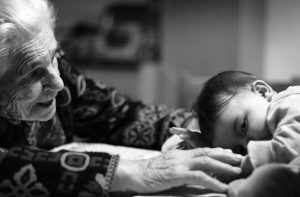Nursing homes must have enough employees to provide sufficient care to residents. When skilled nursing facilities do not have enough employees to attend to the needs of all residents, the nursing home may be understaffed. It is important to know that understaffing can result in resident injuries and can be the cause of nursing home neglect, for which the facility may be liable. A nursing home or its employees do not need to engage in intentional acts of abuse or neglect for the facility to be liable. Rather, “passive neglect,” or unintentional neglect resulting from understaffing that results in injuries, can mean that the facility is legally responsible. Our San Diego County nursing home neglect attorneys can say more.
Staffing Requirements at Nursing Homes
In Southern California and throughout the state, nursing homes have a duty to have sufficient employees to provide care to the residents at the facility. Skilled nursing facilities must employ enough people to ensure that residents receive the attention and care they need and to ensure that residents do not suffer harm as a result of a lack of necessary attention or care.
 Southern California Nursing Home Abuse Lawyer Blog
Southern California Nursing Home Abuse Lawyer Blog









